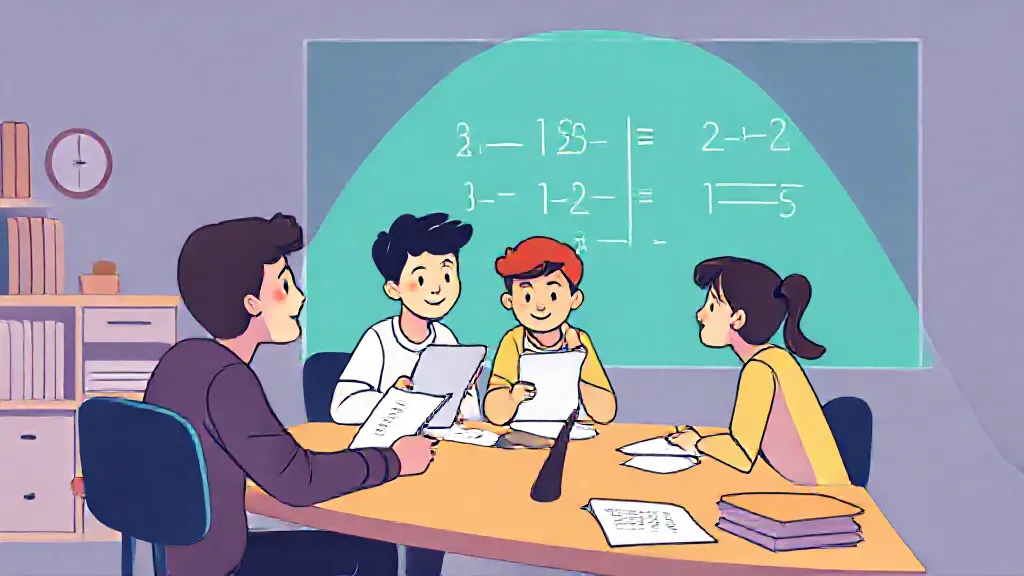Mathematics is often perceived as a challenging subject, one that can induce anxiety and self-doubt in students. However, when approached correctly, math can be a powerful tool for building confidence in problem-solving. This article explores the intricate relationship between math education and the development of problem-solving skills, highlighting how mathematical concepts foster a mindset that embraces challenges and cultivates resilience.
The Foundations of Problem-Solving in Mathematics
At its core, problem-solving in mathematics involves identifying a problem, devising a plan, carrying out that plan, and reflecting on the solution. This structured approach not only applies to mathematical problems but can also be extended to real-life situations. By engaging with mathematical problems, students learn to break down complex issues into manageable parts, enhancing their analytical skills and boosting their confidence as they successfully navigate through various challenges.
The Role of a Growth Mindset
The concept of a growth mindset, introduced by psychologist Carol Dweck, plays a significant role in how students approach math. Those with a growth mindset believe that their abilities can be developed through dedication and hard work. Math education that emphasizes effort and perseverance over innate ability encourages students to tackle difficult problems without fear of failure.
This shift in perspective is crucial; as students begin to see challenges as opportunities for growth, their confidence in problem-solving naturally increases.
Engagement Through Real-World Applications
One effective way to build confidence in math problem-solving is through real-world applications. When students see how mathematical concepts apply to everyday life—such as budgeting, cooking, or construction—they become more engaged and motivated to learn.
For instance, teaching geometry through architectural design allows students to visualize and understand the practical implications of the subject matter. This relevance not only enhances their problem-solving skills but also reinforces their confidence in their mathematical abilities.
Collaborative Learning Environments
Collaboration in the classroom can significantly enhance students’ confidence in problem-solving.
Group work encourages students to share their thought processes, learn from one another, and tackle problems collectively. This social aspect of learning helps students realize that they are not alone in facing challenges. When they witness their peers struggling and eventually succeeding, it fosters a sense of community and shared resilience, further boosting their self-assurance in problem-solving.
The Importance of Feedback and Encouragement
Constructive feedback is essential in the learning process, particularly in mathematics. Educators who provide timely and specific feedback help students understand their mistakes and learn from them. Celebrating small successes along the way reinforces a student’s belief in their capabilities.
For example, when a student receives praise for a well-executed problem or constructive criticism that guides them toward the correct solution, it builds their confidence and encourages them to tackle more challenging problems in the future.
Utilizing Technology to Enhance Problem-Solving Skills
In the digital age, technology has become a valuable ally in math education. Interactive tools and software can provide students with immediate feedback and a variety of problem-solving scenarios.
For instance, platforms like Khan Academy or math games allow students to practice at their own pace, reinforcing their skills and confidence. These tools can also cater to different learning styles, ensuring that every student finds a method that resonates with them, further enhancing their problem-solving abilities.
The Role of Teachers in Fostering Confidence
Teachers play a pivotal role in shaping students’ attitudes toward math and problem-solving.
By creating a supportive and encouraging classroom environment, educators can help alleviate math anxiety and promote a positive attitude toward challenges. Professional development programs that equip teachers with strategies to foster a growth mindset and collaborative learning can have a lasting impact on students’ confidence in problem-solving.
Conclusion: Building a Confident Future Through Math
Ultimately, the intersection of math education and problem-solving confidence is profound.
By embracing a growth mindset, engaging with real-world applications, collaborating with peers, and receiving constructive feedback, students can develop a robust set of problem-solving skills. As they navigate the complexities of mathematics, they build not only their mathematical abilities but also their confidence—a skill that will serve them well in all areas of life.
